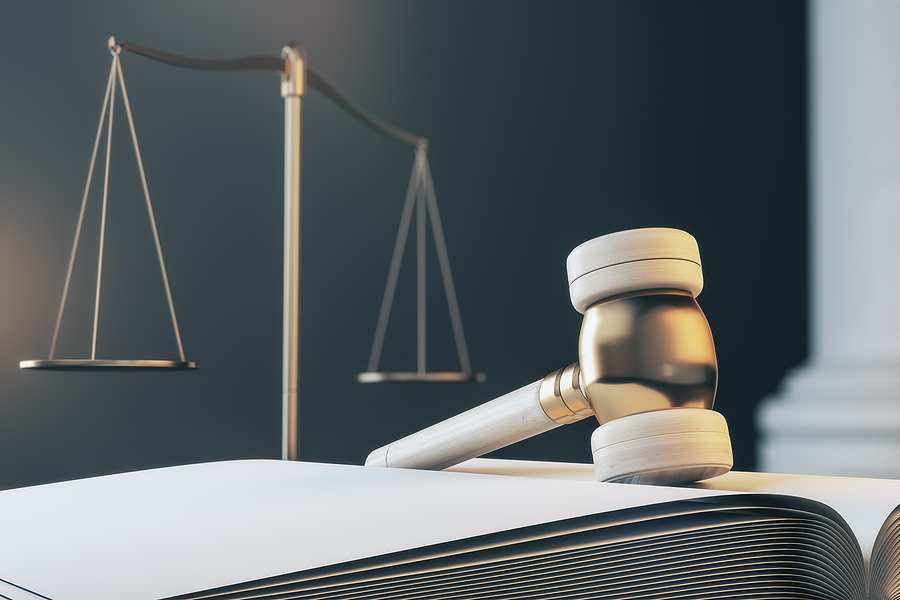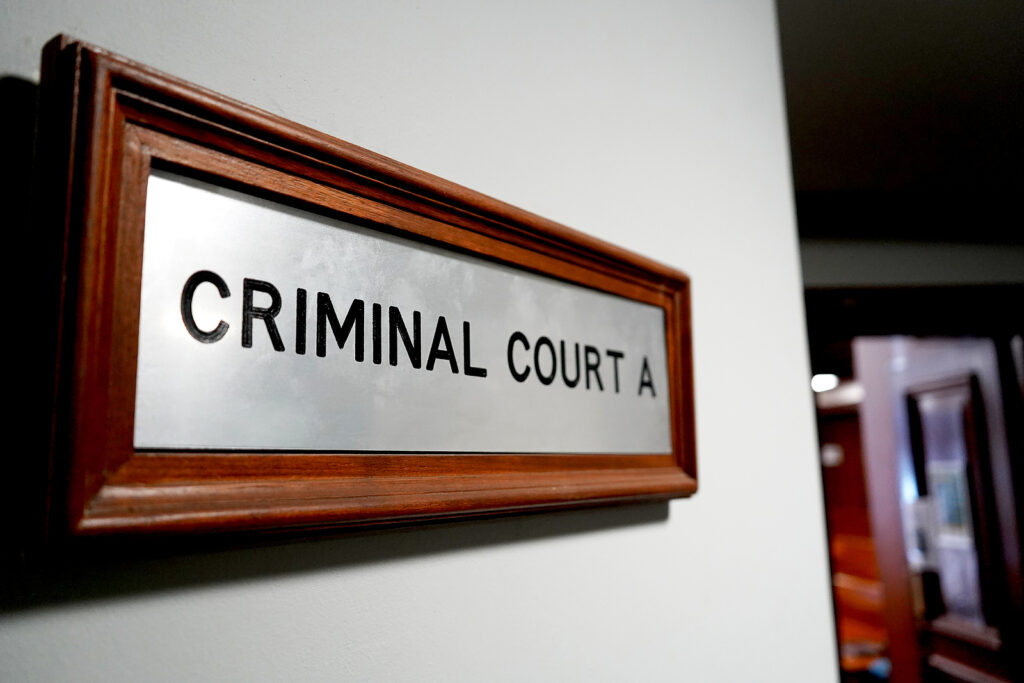Going to court for a criminal case can be an intimidating experience, as the stakes are high and the outcome of your case may have serious consequences. It is important that you understand what to expect before entering the courtroom. With the help of a qualified criminal defense attorney, you can make sure that all aspects of your case are taken into consideration and that you receive fair treatment throughout the legal process.
In this blog post, we will discuss some key points to consider when going to court for a criminal case. We will cover topics such as how to find a good criminal defense lawyer, how to prepare for court proceedings, and other tips on navigating through this complex system. By equipping yourself with knowledge beforehand, you can feel confident in your ability to handle any situation during or after a trial.

Criminal Court Tips for Defendants
Hire a Qualified Criminal Lawyer
When it comes to choosing a criminal defense attorney, it is important to do your research. A qualified attorney should be knowledgeable in all aspects of criminal law and have experience dealing with cases similar to yours. They should also be well-versed in the process of filing motions, preparing legal documents, negotiating plea deals, and representing you during court proceedings. Additionally, it is important to make sure that your attorney understands the seriousness of your charges and will work diligently on your behalf.
Prepare Yourself
Before going to court, it is wise to prepare as much as possible in order to ensure a successful outcome. Your criminal defense attorney can provide you with valuable advice on what steps to take, such as gathering evidence and witness testimonies, as well as filing motions to have evidence excluded from your case. It is also a good idea to be familiar with court procedures and understand what kind of questions you may be asked during trial.
Don’t Go About This Alone
Finally, it is important to remember that the criminal justice system can be complex and overwhelming at times. If you feel overwhelmed or confused at any point, it is important to seek help from a qualified Indiana criminal defense lawyer. With their expertise and experience, they can guide you through the process and provide you with the best possible outcome for your case.
Get Knowledgeable About the Criminal Court Process
Going to court for a criminal case can be an intimidating experience but arming yourself with knowledge beforehand can help alleviate some of that fear. By finding a qualified criminal defense lawyer, preparing for court proceedings, and seeking help when necessary, you can feel confident in your ability to handle any situation that arises during or after your trial. With the right preparation and support, you can take control of your case and pursue the outcome you desire.
Get your future and your freedoms aligned with success by protecting yourself after an arrest. Contact the Law Office of David E. Lewis at 317-636-7514 to schedule a meeting with our experienced Indianapolis criminal defense law firm. We can hold meetings over the phone or in person at our Indy-based office.
Related Posts:
Top 3 Questions To Ask Your Indiana Criminal Defense Lawyer
How to Prepare for Going to Jail
The Pros and Cons of a Jury Trial


